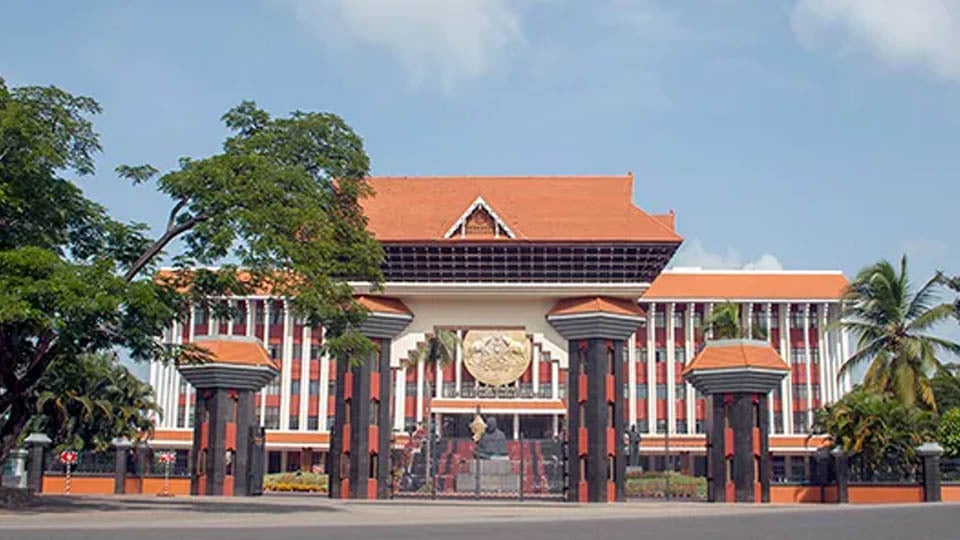By Anthony Udugba
Copyright businessday

Poor internet connectivity is shutting out millions of Nollywood fans, leaving them unable to stream its movies, experts say.
About 21 million Nigerians across 4,834 communities, most rural areas, lack access to basic mobile connectivity, according to Bosun Tijani, minister of Communications, Innovation and Digital Economy.
Streaming, which is a method of viewing video or listening to audio content without actually downloading the media file, according to Cloudflare, requires good internet and data. While quality internet connectivity isn’t available in several communities, data itself is expensive.
Frederick Leonard, Nollywood actor and producer, highlighted that filmmakers’ increased focus on content for cinemas and streaming platforms sidelines a significant portion of the Nigerian population lacking internet connectivity.
According to Leonard, “These are the people in the rural areas who don’t even know the next thing about technology. We’ve cut them off,” he said at the Business of Entertainment conference held recently in Lagos.
He criticised the industry’s elitist approach, which makes content hard for average viewers to access.
He suggested reviving ‘pocket cinemas’ or small-scale venues like those of the 1970s and 1980s to bridge the gap. Without addressing this, high production costs would continue to burden creators, limiting earnings for actors and others, he noted.
Read also: Nollywood key to rebranding Nigeria, say Experts
“And that is why the actor can’t make enough. So, they matter a lot,” he concluded.
The Nigerian smartphone market has shrunken this year, declining by seven percent in the first quarter (Q1) due to economic pressures, forcing consumers to prioritise essential goods over digital devices. Smartphone penetration was 59 percent in urban areas compared to 26 percent in rural areas in Q1.
Nollywood distribution has sidelined most rural audiences, who rely on DVDs, as studios shift to streaming services and cinemas.
Biodun Stephen, a Nigerian filmmaker, addressed the largest gap in Nigeria’s distribution chain. She noted the industry’s evolution from DVDs to cinemas and international streaming have excluded a significant portion of the audience.
“There is a huge percentage of the DVD audience that do not have access to our content anymore,” Stephen added. To fix this, she called for creative distribution channels that ensure that no fan of local content is excluded, emphasising inclusivity as essential for growth.
The COVID-19 pandemic fuelled a widespread adoption of digital services. Lockdowns and social distancing measures forced people to rely on internet-based activities such as video conferencing, online education, and streaming.
Read also: Pirates cash in as Nollywood counts losses
Consequently, the rise of streaming platforms has prompted questions regarding how actors can secure royalties. Leonard affirmed actors’ entitlement to residuals but noted percentages are subjective and negotiable.
He highlighted the role of relationships in negotiations, suggesting flexibility based on personal ties. However, he urged actors to adopt business mindsets, defending actors running YouTube channels and other ventures, viewing them as necessary for productivity.
“Actors in Nigeria are not getting royalties or residuals yet,” Leonard said, noting that only a few commissioned by major streaming platforms might benefit. He attributed this to producers’ financial struggles: “I dare to say that 96 percent of Nigerian film producers are still hustlers. So, they don’t make as much money as they should make.”
Uche Agbo, president of the Directors Guild of Nigeria, discussed monetisation for directors, including royalties. As both director and producer, he acknowledged the challenges, stressing that royalties depend on available funds. “You cannot take what is not available. So, if there is nothing available in Nigeria, it is almost impossible to take.”
Agbo described Nollywood as relying on informal ‘padi padi’ deals, rather than systems and structures.
Lack of transparency exacerbates issues, with producers hiding earnings.
To resolve this, Agbo advocated for structures, contracts, and transparency. “We must start looking at contracts as basic. I don’t think any production can happen without basic contracts,” he said. “Even a one-page agreement could define terms.”
He proposed tiered royalties, such as none for initial YouTube releases but shares from subsequent markets like TV. This should extend to all crew to “break the chain of poverty.”
Agbo noted that most successful industry figures produce their own films, while behind-the-scenes workers like directors and writers receive one-off payments and struggle financially.
Agbo recommended that directors negotiate five percent -10 percent residuals, starting with secondary markets, to allow producers to recoup costs first. This could provide long-term security, addressing cases where veteran directors with over 200 titles cannot afford healthcare.



